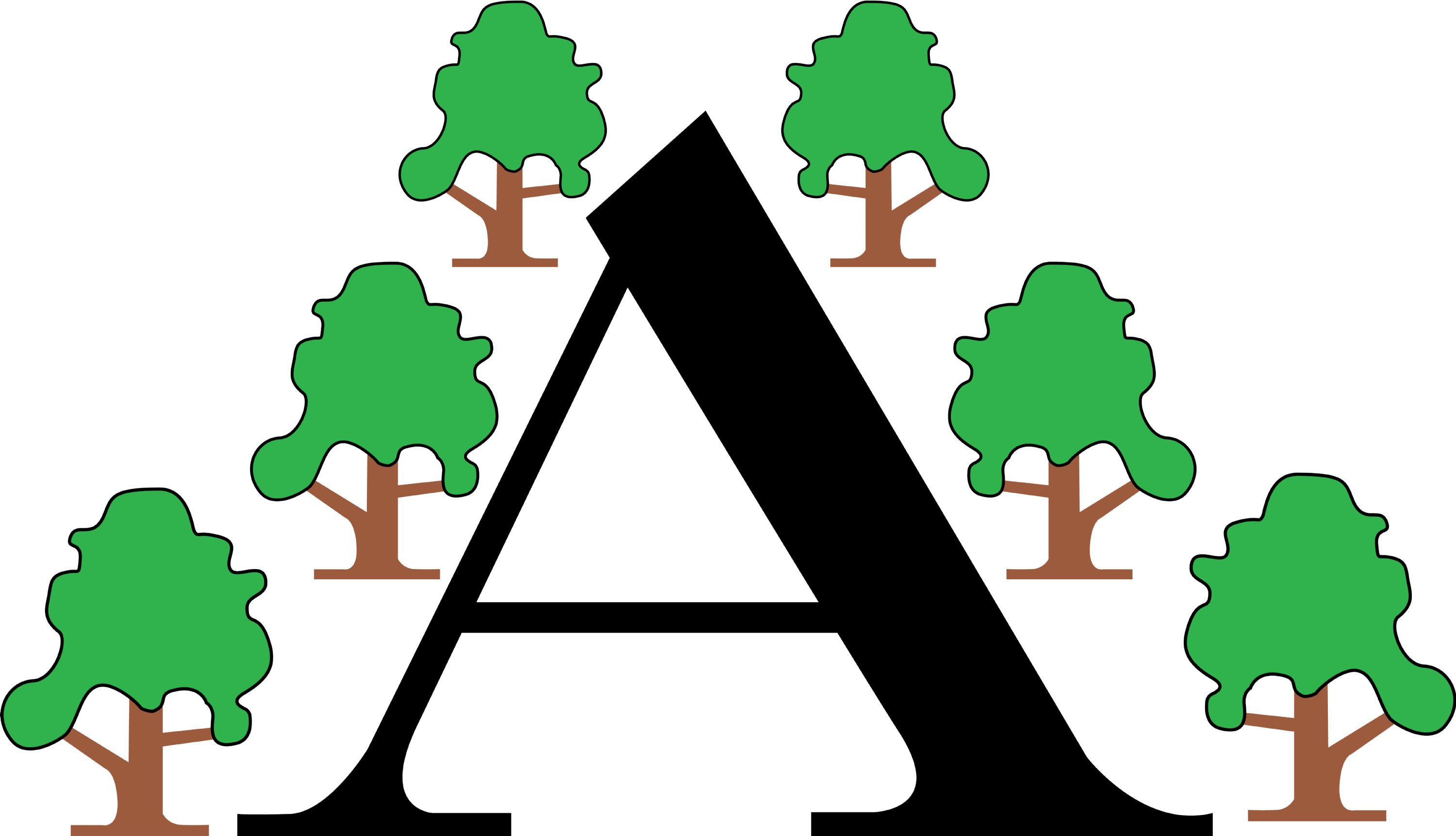Early Help
We recognise that family life can be challenging, and our pastoral team are always happy to listen and help in any way we can. From time to time, families may need support for a few different factors and, on occasions, an Early Help plan can be a way to ensure the right support is given, the challenges are addressed, and family life is improved.
Below is some more information about how Early Help from school can be hugely beneficial and turn around those tricky times.
Please speak to Mrs Fowle, Family Support worker, for further information or if you have any questions.
What is Early Help?
The Early Help Assessment (EHA) is a simple way to help identify the needs of children and families and make a plan to meet those needs. Its purpose is to provide a co-ordinated response so no-one misses out on the support they need. The EHA can be used to support children and young people between 0 and 19 years, including unborn babies, and can also be used with consent up to the age of 24 (where a young person has a learning difficulty or disability).
Early Help is a partnership approach which can bring together a range of different services to offer support to children, young people and families.
Early help is accessible to all and offers information, advice and guidance on a range of topics to ensure people have access to the right early help to support their wellbeing, development and life experiences.
All Early Help services are available on a voluntary capacity – you are never forced to take up this level of support. It is your family, your support, your say.
Early Help is family friendly and non-intrusive. It empowers parents to find solutions with support. It is done with you, not to you!
Early Help prevents small needs escalating into something bigger. It makes and keeps families stronger and healthier.
If you feel your family would benefit from Early Help services, please contact Mrs Fowle, our Family Support Worker (or another member of staff who will inform her), who will support you through the process. It can be hard asking for help – we know this and will not judge you, we are here to work with you.
School will then complete an Early Health Assessment form. This form is designed to explore the problems you are facing, record the support agreed and the action plan to help you tackle the problem.
If the problem is a bit more complicated, or you need extra support, then you may need to be referred to other specialist support – the service will always get your consent first.
How to access Early Help
If you feel your family would benefit from Early Help services, please contact Mrs Fowle, our Family Support Worker (or another member of staff who will inform her), who will support you through the process. It can be hard asking for help – we know this and will not judge you, we are here to work with you.
The school will then complete an Early Health Assessment form. This form is designed to explore the problems you are facing, record the support agreed and the action plan to help you tackle the problem.
If the problem is a bit more complicated, or you need extra support, then you may need to be referred to other specialist support – the service will always get your consent first.
The Early Help Process
The Early Help process consists of:
- The EHA is completed in collaboration with the family and any professionals already involved with the family.
- The actions on the support plan will be agreed with the family once the EHA has been completed.
- The voice of the child will be gathered before each meeting, alongside a report from the child’s teacher to be shared.
- TAF (Team Around the Family) meetings will be held every 6–8 weeks.
- Any professionals and family members included in the EHA will be invited.
- The format of the meeting should be an update on how things are going and then a review of the support plan.
